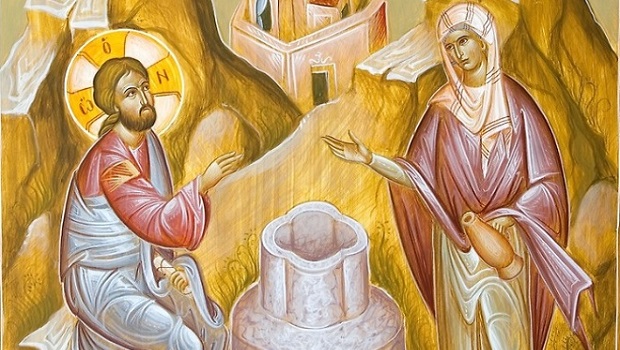George Mantzarides, Professor Emeritus of the Theological School of the Aristotle University of Thessaloniki
Any donation of body tissue or an organ is a kind of self-sacrifice. Despite this, it would be untheological to consider such an action to be in imitation of the sacrifice of Christ. Christ offers His Body and Blood to give people, not some transitory existence, but real life, which might, in fact, involve the sacrifice of this temporary existence. This fleeting existence should not be separated from real life and become independent. But adherence to this transitory existence extinguishes the desire for eternal life. ‘For those who want to save their soul will lose it, and those who lose their soul for my sake will find it’[1]ose who love their soul will lose it, and those who hate their soul in this world will retain it for eternal life’[2].
In other words, those who love their life will lose it. And those who care nothing for their existence in this world, will preserve it for eternal life. This path of the Gospel, which is so paradoxical in terms of human reason, the path which was first trodden by Christ, certainly can’t be applied on the level of reflections about transplants. Nevertheless, the charitable or heroic feature which is part of the voluntary donation of tissue or organs for transplantation is still of value. Nor can the pastoral support for people who are in critical condition be ignored.
The considerations presented by some concerning the bodily integrity after death of those who give organs are of a Scholastic nature. As persons, we are not to be equated with our body, nor with our soul, nor with an admixture of the two, nor with a summation of the two. We are something which transcends all of that and holds them together, without being held together in any way by them and without being defined by any of them[3]. As people created in the image of God, we are always to be understood as such and recognized as such. And this comprehension and recognition of our nature as image is true of the whole of mankind, as it is of each one of us and our individual actions. Beyond any divisive distinction between matter and spirit, individual and society, as images of the Divine Word, we people, by observing His commandment of love, reside in God, Who is love, and all together make up the one body of the Church of Christ.
Within this dynamic and multi-dimensional view of the human person, every drop of blood offered to our neighbour is an all-encompassing offering of the whole person. So every pedantic investigation regarding the repercussions which the donation of tissue or an organ might have on bodily integrity loses its meaning. And, at the same time, it becomes apparent just how irreconcilable with the Church’s view of the person is this mechanistic view of people and the handling of tissues and organs of the body merely as curative or replacement matter.
(to be continued)
[1] Matth. 24-5; cf. Mk. 8, 35. [It is curious that the ancient authorities both say ‘soul’ (Greek ψυχή, Latin anima), yet in this and other passages, such as the next, where there is a clear distinction between ‘soul’ and ‘life’, the word is universally translated in English as ‘life’, even as far back as Wycliffe. WJL].
[2] Jn. 12, 25.
[3] See Maximos the Confessor, Questions, PG 91, 1225A
Read the previous parts here (part 1, part 2, part 3, part 4)
Source: pemptousia.com
ABOUT THE ORTHODOX CHRISTIAN NETWORK
Orthodox Christian Network (OCN) is a 501(c)3 and an official agency of the Assembly of Canonical Bishops of the United States of America . It is a recognized leader in the Orthodox Media field and has sustained consistent growth over twenty-two years. We have worked to create a community for both believers and non believers alike by sharing the timeless faith of Orthodoxy with the contemporary world through modern media. We are on a mission to inspire Orthodox Christians Worldwide. Click to signup to receive weekly newsletter.
Join us in our Media Ministry Missions! Help us bring the Orthodox Faith to the fingertips of Orthodox Christians worldwide! Your gift today will helps us produce and provide unlimited access to Orthodox faith-inspiring programming, services and community. Don’t wait. Share the Love of Orthodoxy Today!
OCN has partnered with Pemptousia. A Contemporary post-modern man does not understand what man is. Through its presence in the internet world, Pemptousia, with its spirit of respect for beauty that characterizes it, wishes to contribute to the presentation of a better meaning of life for man, to the search for the ontological dimension of man, and to the awareness of the unfathomable mystery of man who is always in Christ in the process of becoming, of man who is in the image of divine beauty. And the beauty of man springs from the beauty of the Triune God. In the end, “beauty will save the world”.




0 Comments